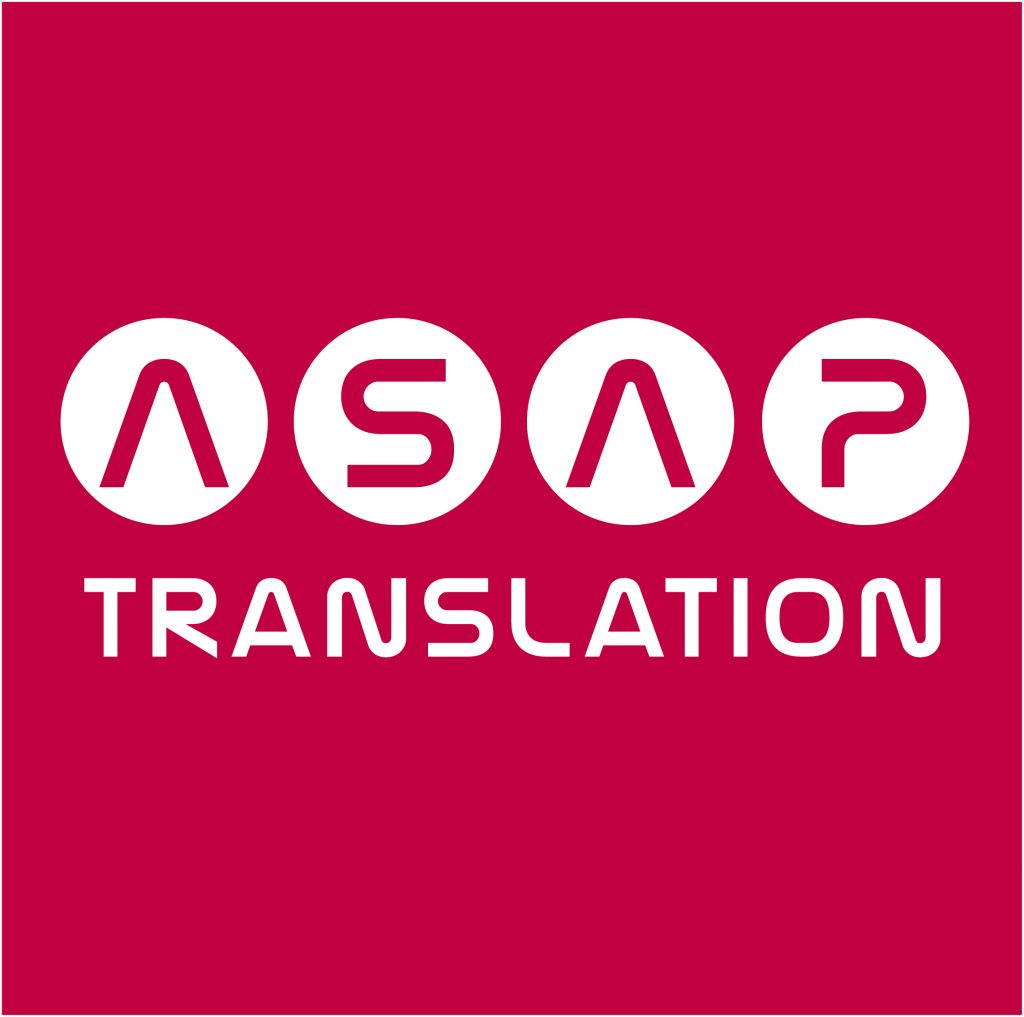Machine translation is already a great helper for translators. The researchers, who have been following the development of machine translation since 2011, presented the results at the American Association for Machine Translation conference at the end of January. In the research, they worked with their own metric Time to Edit, which represents the time it takes for a person to edit a translation created by another translator or artificial intelligence. According to scientists, editing time is decreasing and the development of machine translation is progressing at such a speed that within seven years it will equal human translation. But is it possible?

What is machine translation?
According to the American Translators Association, machine translation is the process of automatically translating content from one language to another without any human intervention. Machine translation (MT) is based on probability – not meaning. A machine translator does not understand the meaning or the context of what it is translating and chooses the most likely translation.
Use of machine translation
The use of machine translation can be a huge help for ordinary people, but also for translators. Generic machine translation such as Google Translate, DeepL or Microsoft Bing Translator are excellent tools to get a gist of what a foreign language text or communication is about. With machine translators, it is possible to get an idea of what the given foreign language text says, but it certainly cannot be relied on one hundred percent.
Advantages of machine translation
The use of machine translation has its advantages. One of the biggest advantages is certainly the speed of translation. A machine translator can translate large-scale translation projects containing millions of words in a relatively short time. Another advantage is reduced costs for translation. Although human translators are needed for post-editing, the use of a machine translator shortens delivery times and reduces translation costs. A machine translator takes care of creating a basic but useful translation that a human translator can refine and edit into the final form.
When is machine translation not appropriate?
In some cases and situations, the use of machine translation can even have disastrous consequences. We should not rely on machine translation when it comes to translations that can directly endanger a person’s life or damage a company’s reputation. In some cases, a low-quality and inappropriate translation can even mean loss of reputation, property damage, or damage to health or life, and in such cases it is and will always be necessary for someone to sign the translation and bear responsibility for it. It is also necessary to think that the content that is translated by free online machine translators is stored and analyzed in order to improve their results in the future. Therefore, it is not advised to enter sensitive and confidential information into a machine translator, but it is better to leave such translations to the human translator.
The future of machine translation
Technological progress is evident and the effort to reduce the price of the resulting translation is natural, but it is necessary to think that if we want the text to undergo post-editing and to be checked by experts, it will always require adequate time and financial evaluation.
You can find more articles from the translation industry at Localization.NEWS!



























